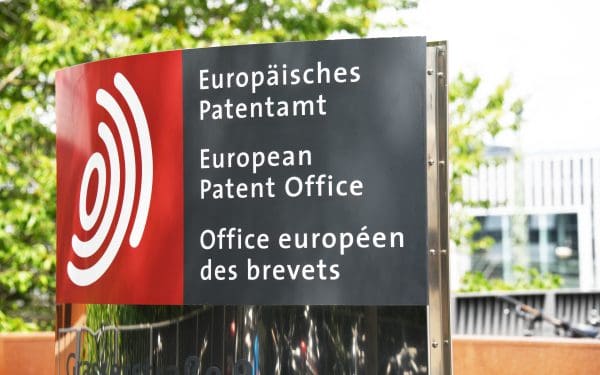The Unitary Patent System, set to go into effect on June 1,’2023, is designed to streamline the patent process and provide a single patent that is valid in a set of EU Member States by submitting a single request to the EPO. However, one potential threat in the system is that if similar patents already exist in any of the Member States of the National Registry, after a unitary patent is granted, it can be revoked centrally. What does it mean for UP users?
Currently, the European Patent Office (EPO) grants a European Patent not taking into account the Prior Arts in National Offices during a “blind” (not published) period, i.e.: even if there are existing “earlier national rights” filed in one or more designated states, as long as those earlier national applications were made public after the priority date of the European Patent Application. Since a Unitary Patent grants a single right that covers multiple states, all the above earlier national rights should be taken into account when issuing patents. However, at present the European Patent Office does not take any responsibility for it. If there is an existing earlier national right in any of the participating states, it could be a reason to invalidate the Unitary Patent, resulting in the loss of protection across all states belonging to this system.
In that case, although uniform and cost effective, the unitary patent can be rather risky. Therefore, it is important for owners to carefully consider the potential risks and benefits of the Unitary Patent before making a decision. They should evaluate the benefits of a single patent that is valid in multiple states against the potential loss of protection at all. The owners should also consider the cost and complexity of obtaining a Unitary Patent compared to obtaining separate patents in each individual country. Ultimately, the decision of whether to apply for a unitary patent or a regular patent will depend on the specific circumstances of the owner and their invention.




